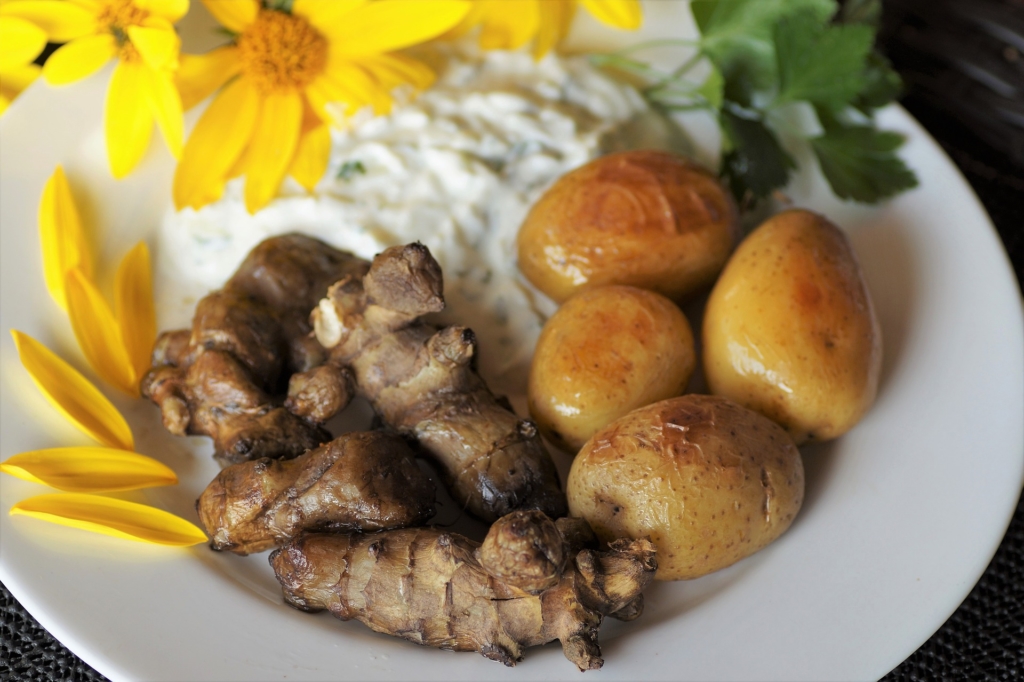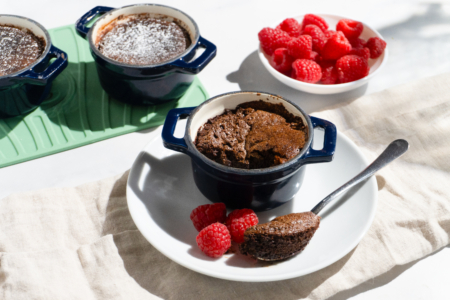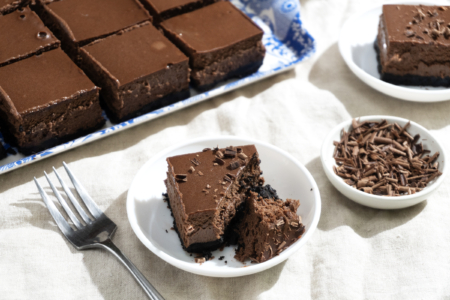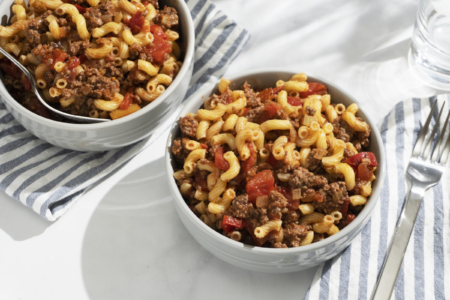Sunchokes, also known as Jerusalem artichokes, are knobbly looking root tubers known for their white and crunchy flesh that is a little sweet and nutty in taste. They act quite like potatoes (although they look like ginger root) and are fast growing in popularity.
What are Sunchokes?
Despite the name, sunchokes are not from Jerusalem and they are not artichokes. They’re called sunchokes due to the fact that they originate from a plant that has a lot in common with a sunflower.
While they’re used in a variety of dishes, you have to be careful as they are rich in inulin, a type of dietary fiber that can cause stomach issues, including gas and cramps, for some people. Some experts suggest boiling quarter-inch-thick sunchoke slices for about 20 minutes in lemon juice to avoid the risk of gas and other such problems.
How to Cook with Sunchokes

Native to Northern American, sunchokes can be consumed both cooked and raw. The right option depends on personal preference. Most people prefer to thinly slice sunchokes and add to salads. Alternatively, you can use them as you would potatoes and cook them the same way to coax out their natural sweetness; try frying, roasting, mashing, or boiling sunchokes.
Those interested in a new recipe can try using them in a pickle or making Topinambur, a German liqueur that contains sunchokes and some herbs. There are even companies making distilled spirits out of sunchokes.
Sunchokes are said to be easier to prepare than potatoes. They are low in starch, which means they can be mashed or pureed without the risk of them becoming gluey. Sunchokes can be roasted in around 35 minutes. However, it is important to wash and peel sunchokes thoroughly. Sunchokes are highly versatile and can even be used in desserts since they’re naturally sweet. You can make sunchoke cakes and puddings. Look for jerusalem artichokes at your local farmer’s market or grocery store. After purchasing they can be stored in a refrigerator for up to 10 days.
Feature Image: Beverly Buckley from Pixabay



